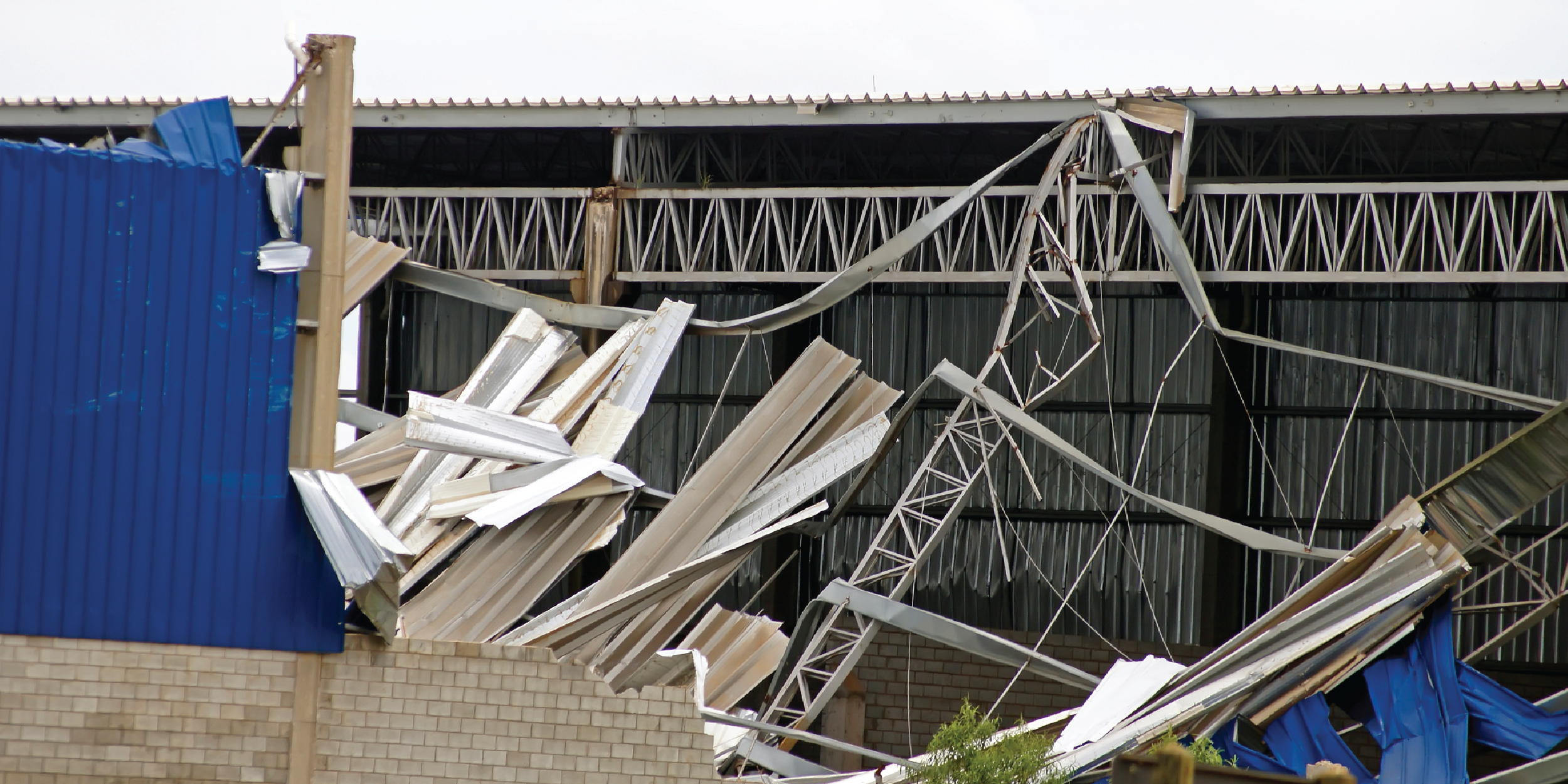 For many people, planning for floods, fires and other disasters involves anticipating structural and safety hazards. Many businesses take advantage of OSHA's emergency preparedness resources for precisely that reason. But disasters can have additional consequences that are frequently overlooked but can also be devastating to workers and businesses in communities reeling from recent catastrophes, such as the recent wildfire in Hawaii and hurricanes in the South.
For many people, planning for floods, fires and other disasters involves anticipating structural and safety hazards. Many businesses take advantage of OSHA's emergency preparedness resources for precisely that reason. But disasters can have additional consequences that are frequently overlooked but can also be devastating to workers and businesses in communities reeling from recent catastrophes, such as the recent wildfire in Hawaii and hurricanes in the South.
Disasters may destroy employment records, paralyzing companies and leaving people without work and, in many cases, pay. To illustrate the scale of disaster-related risks, the Hawaii wildfire’s disaster area had more than 800 business establishments with about 7,000 employees.
A little preparation can position your company to bounce back quickly, freeing up resources for recovery and returning to normal, instead of bogging them down in paperwork.
Here are a few tips to help protect your bottom line, and your employees' wages, in the aftermath of a natural disaster:
Back up your records
Create backups of your company records routinely, keep updated lists of employees’ addresses and contact information, and secure them in disaster-proof containers. As an employer, the responsibility to pay your workforce as the Fair Labor Standards Act requires falls on you, regardless of how a disaster affects your business.
Do not procrastinate
Protect yourself by having a disaster plan. Keep records updated and safeguard this vital information. Incorporate recordkeeping and payment plans into your disaster preparation to minimize the risks and lessen the impact of a disaster on your business and workforce. The Wage and Hour Division’s natural disaster toolkit offers useful assistance.
Differentiate between volunteers and workers
Many communities rely on volunteers to support recovery efforts – and the rules for compensating volunteers and professional recovery workers are different. Differentiate between volunteers and workers to avoid legal and financial repercussions. Also, be aware of restrictions that limit work hours and specific tasks for young workers, such as construction and debris removal.
Follow the law
Even in a disaster, the law still applies. Our fact sheet explains how federal employment standards apply when disaster hits and clean-up begins. Avoid violations and costly consequences by respecting workers’ rights and protections.
Violations can be costly. Since 2017, the Department of Labor has initiated more than 800 investigations nationwide related to disaster recovery. These investigations collected more than $60 million in back wages for more than 45,000 workers, many of whom risked their safety and left their families behind for jobs rebuilding impacted communities.
Planning ahead can help protect workers, businesses and communities. Make sure you're not caught off guard. Contact the Wage and Hour Division at 1-866-4US-WAGE (487-9243) with questions about disaster preparation and recovery.
Betty R. Campbell is the regional administrator for the Wage and Hour Division's Southwest region. Follow the division on Twitter at @WHD_DOL and on LinkedIn.

 U.S. Department of Labor Blog
U.S. Department of Labor Blog